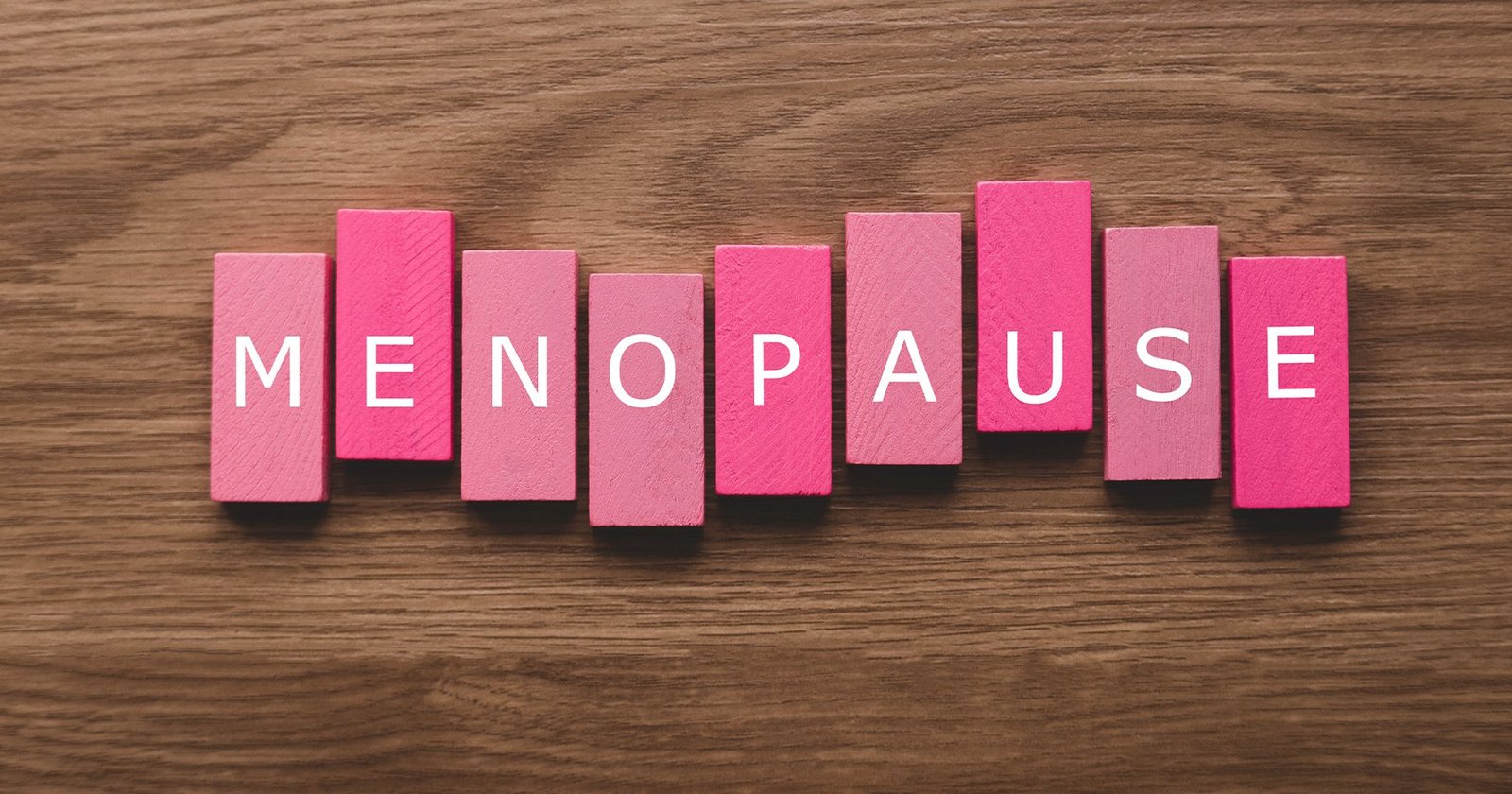Managing menopause symptoms can feel overwhelming, but understanding what to expect makes navigating this phase much easier.
Table of Contents
Managing menopause is a natural part of life that signals the end of a woman’s reproductive years, typically occurring between ages 45 and 55. This transition brings a range of physical and emotional changes due to hormonal shifts. Understanding these symptoms and how to manage them can make a significant difference in your quality of life. This article covers essential information every woman should know for effectively navigating menopause symptoms.
1. Menopause terms
When a woman hasn’t had her period for 12 months in a row, she has reached menopause. During the years before menopause, called perimenopause, hormone levels change, which can cause a number of complaints. In the years after menopause, symptoms may still be there, but they usually get better. This is called “post-menopause.”

2. Signs and symptoms of menopause
Heat Waves and Night Sweats
The most common sign of menopause is hot flashes, which are rapid, all-over body heat. They can last anywhere from seconds to minutes, and they often happen at night, which can make it hard to sleep.
Problems with Sleep
Many women have trouble sleeping during menopause, such as sleeplessness, night sweats, and not being able to stay asleep. These problems can make you tired and irritable during the day.
Mood Swings
Mood swings, irritability, and a higher risk of sadness and anxiety can all be caused by changes in hormones. It can be hard to deal with these changes in mood, but they are a normal part of menopause.
Dryness and pain in the uterus
Less estrogen in the body can make the vaginal area dry, itchy, and painful during sexual activity. This could hurt your physical health and relationships.
Weight Gain and Changes in the Metabolism
During menopause, many women gain weight and see changes in their body shape. This is partly because their hormones change and their metabolism slows down.
Loss of bone density
During menopause, estrogen levels drop, which can speed up bone loss and make osteoporosis and injuries more likely.
3. How to Deal with Night Sweats and Hot Flashes
Changes in lifestyle
Making small changes to your lifestyle can help you deal with hot flashes and night sweats. Some of these are:
- Layer your clothes: When you have a hot flash, you can take off some of your clothes.
- Stay Cool: To stay cool, use fans, air conditioning, and cool packs.
- Do not use triggers: Find your triggers, such as worry, caffeine, alcohol, and spicy foods, and stay away from them.

4. Supplements and herbal medicines
Some women who have hot flashes feel better after taking herbal products and medicines like
Black cohosh is known for its ability to ease hot flashes.
Soy products have phytoestrogens in them, which may help keep hormones in order.
Flaxseed may help with mild hot flashes.
Medical Treatments
If making changes to your lifestyle and using natural solutions don’t work, there are medical options:
- Hormone Replacement Therapy (HRT): It can work very well, but it also has some risks. Talk to your health care worker about it. HRT can help women who are having a hard time with their menopause symptoms. But because it comes with risks, like a higher chance of getting breast cancer and heart disease, it’s not right for everyone. Talk to your doctor about the pros and cons of HRT to find out if it’s right for you.
- Drugs for depression: Some antidepressants can help with mood changes and hot flashes.
5. Improving the Quality of Sleep
Practicing good sleep habits can help you sleep better:
Set an alarm for the same time every day to go to sleep and wake up.
- Set up a relaxing bedtime routine. Do something relaxing before bed, like reading or taking a warm bath.
- Cut down on screen time: Stay away from computers for at least an hour before going to sleep.
6. Taking Care of Night Sweats
To make night sweats less bothersome:
Sheets that wick away moisture can help you stay dry and comfy.
- Keep the bedroom cool: To keep your bedroom cool while you sleep, turn down the temperature and use fans.
- Wear Light Clothes: Choose sleepwear that is flexible and light.
7. Taking Care of Mood Swings
A Regular Workout
Being active can make you feel better and lower your stress. Try to do some kind of mild exercise most days of the week for at least 30 minutes.
A Good Diet
A healthy, well-balanced diet full of fruits, veggies, lean proteins, and whole grains can help keep your mood stable.
Mindfulness and ways to calm down
Mindfulness, meditation, or yoga can help you feel better emotionally and less stressed.
Looking for Help
Mood swings can be hard to deal with, but talking to friends, family, or a doctor can help.

8. Prescription Medicines
If your symptoms are more serious, your doctor may prescribe:
- Vaginal estrogen comes in creams, tablets, and rings that can help in specific areas.
- This is a medicine called ospemifene that helps ease vaginal pain.
9. How to Handle Weight Gain and Changes in Metabolism
Pay attention to a healthy meal that includes:
- Lots of fruits and vegetables: These give you fiber and important minerals.
- Lean Proteins: These are foods like chicken, fish, and proteins from plants.
- Whole grains are things like oats, brown rice, and whole wheat foods.
- Flaxseeds, nuts, and olive oil all have healthy fats.
Regularly moving around
To keep a healthy weight and speed up your metabolism, do both aerobic and strength training exercises.
Manage Portion Size
Watch your portions to make sure you don’t eat too much, and try to eat smaller meals more often during the day.
10. Taking care of bone health
Bones and vitamin D
To keep your bones healthy, make sure you get enough calcium and vitamin D. Good sources are dairy, leafy greens, and foods that have been supplemented.
Exercises that use weights
To keep your bones strong, do weight-bearing activities like walking, jogging, and strength training.
Checking for Bone Density
Bone density tests should be done on a regular basis to keep an eye on bone health and find early signs of osteoporosis.
11. Alternative Medicine
Some women get better with additional and alternative treatments like
- Acupuncture may help ease hot flashes and make you feel better.
- Herbal medicines, like red clover and black cohosh.
- Massage therapy can help you rest and feel less stressed.
Regular check-ups with a doctor
During menopause, it’s very important to get regular check-ups. These visits can help keep an eye on your general health, help you deal with symptoms, and find any health problems early on. Talk to your doctor about any new or getting worse symptoms.
Conclusion
The menopause is a normal part of life that comes with a number of signs and problems. Women can get through this change more easily and comfortably if they understand these symptoms and use good management techniques. There are many ways to deal with menopause symptoms and keep up a good quality of life, ranging from making changes to your lifestyle and using natural remedies to getting medical help and medical treatments. It’s important to remember that you should talk to your healthcare provider to make a plan that fits your wants and concerns. You can deal with the signs of menopause and start this new part of your life with confidence and energy if you know what to do.
Disclaimer: The content in this article is based on my personal experiences and is intended for informational purposes only. I am not a doctor or medical professional. Always consult with a healthcare provider before making any changes to your exercise routine or lifestyle, especially if you have any health concerns or conditions.
My mission is to celebrate the wisdom, resilience, and vitality of women as they navigate menopause, embrace life’s transitions, and step confidently into the next phase. Whether you’re exploring ways to stay fit, looking for health tips to prevent common issues, seeking inspiration for a fulfilling lifestyle, or simply wanting guidance on diet, I’ve got you covered. Dive into our articles on fitness, health, lifestyle, nutrition and more to find the support and insights you need!




